Clipping together life

Documentary film This Is Life juxtaposes multiple vertical short videos on the big screen. [Photo provided to China Daily]
An innovative documentary compiles short videos that ordinary people have posted online to offer insights rarely seen on the silver screen, Cheng Yuezhu reports.
Chinese short-video platforms reveal snippets of life and work that include those rarely represented by mainstream legacy media. They provide glimpses of young women who work as crane operators, a cargo ship crew who spend the year without tap water, and excavator drivers so adept they can perform feats such as using their scoops to turn on a phone by gingerly tapping the power button with the rim of their buckets.
Tsingying Film studio believes these videos provide contemporary and authentic approaches to documentation.
The team selected 887 short videos from 509 uploaders on the platform Kuaishou to create the unconventional documentary, This Is Life, which graced the nation's big screens on Jan 13. It's distributed by the platform, Elemeet.
The idea for the film first came about in 2018, when the film's director Sun Hong was pursuing a doctorate at the School of Journalism and Communication at Tsinghua University.
Inspired by her supervisor Lei Jianjun's view that short videos have changed the creation of documentaries, she and the production crew started to conceptualize a film centered on short-video platform users.
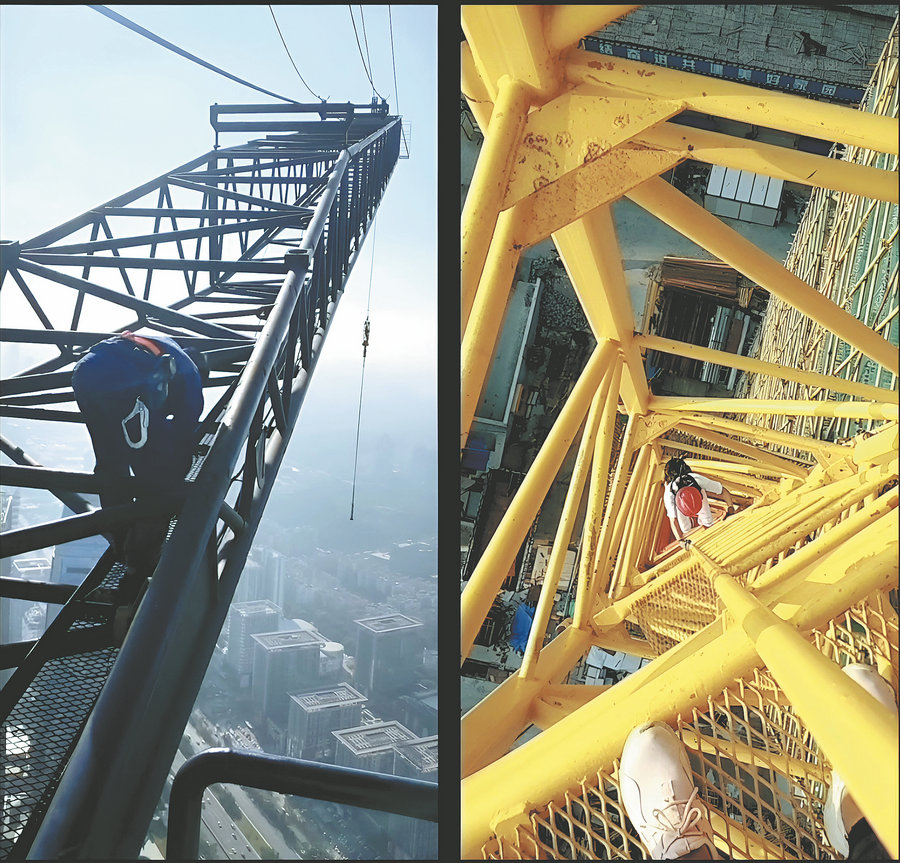
A scene from the film that shows tower crane operators climbing up the towers. [Photo provided to China Daily]
"We chose to highlight Kuaishou users because we have always believed that the essence of China lies not in the mainstream, ornate and exquisite urban scenes that are commonly portrayed, but in small towns and rural areas across the vast expanse of China's landscapes," Sun says.
"Those marginalized groups, who are given less attention and have little influence, make up the majority of the authentic China."
A team of 10 engaged in the research and compilation of short videos. They shared any videos they thought might fit with the group for discussion. It took more than a year to sift through 50,000 clips.
The production crew call the 509 Kuaishou users "cocreators" of the film. They come from all walks of life, especially manual laborers and farmers.
In compiling these clips, This Is Life engages ordinary people in its making and presents their authentic experiences, allowing people who are often inadequately represented in mainstream cinema to take center stage.
The team decided to select spontaneously uploaded videos rather than call for entries, furthering the goal of showing how people present their own lives in ways that are even more authentic than traditional documentaries.
"It's our creative endeavor, as documentarians, to present authentic facets of China, highlighting how each individual establishes themselves in a rapidly developing society," Sun says.
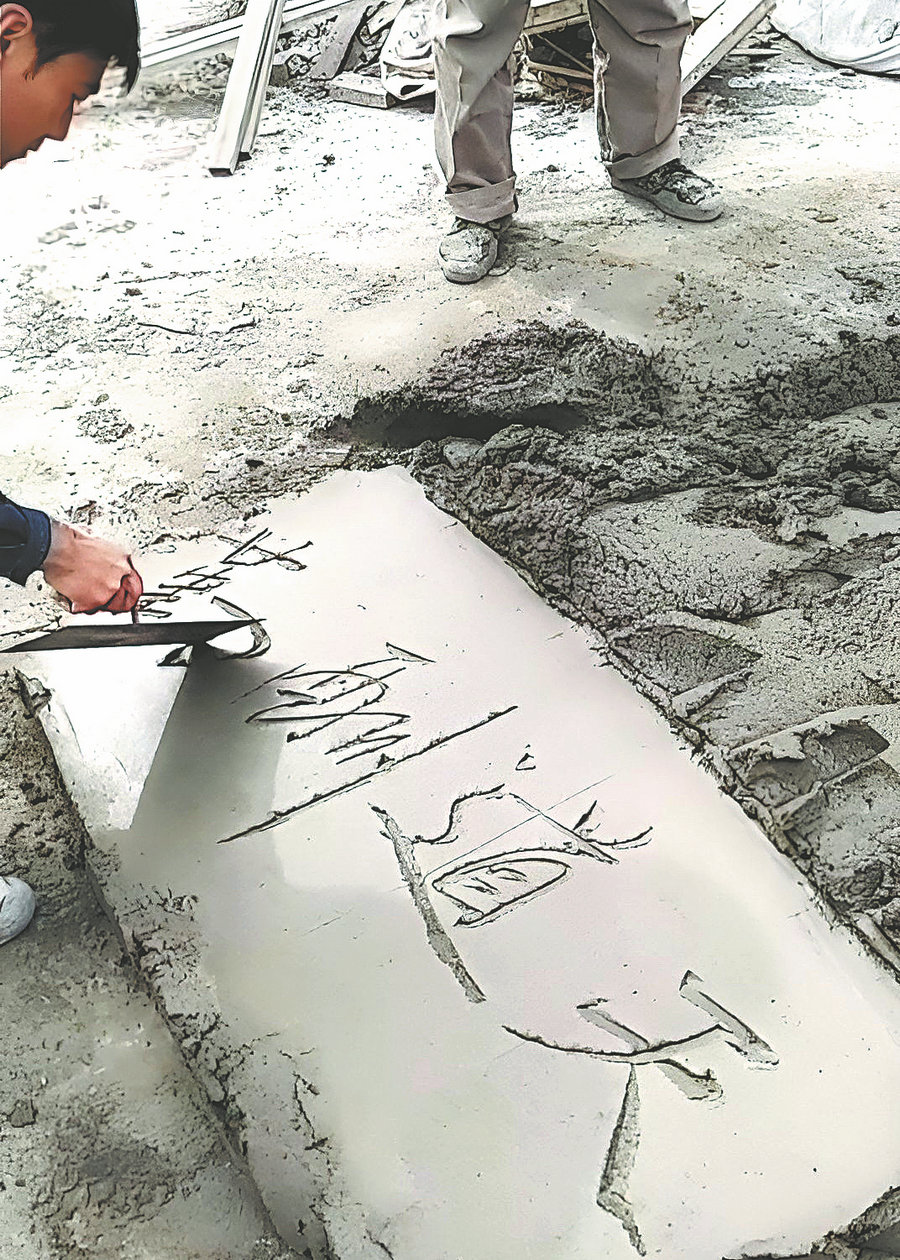
A construction worker practices Chinese calligraphy in his spare time. [Photo provided to China Daily]
She says the clips initially enabled her to experience the occupations and lifestyles of grassroots individuals she hadn't learned about before.
"We often had to scroll through all the videos uploaded by a particular user. In this process, we became involved in a small fraction of their lives, experienced their joys and sorrows, and got to know their humorous and courageous personalities," Sun says.
She further realized that although these groups may lead lives unlike hers and those of other urbanites, their lives are actually in many ways interdependent. Farmers and manual laborers are the producers of food, clothing and buildings — the necessities of life.
The film compiles clips according to chapters based on these categories, including transportation, accommodation and, as the last theme, home.
"Home is where we set off from and where we return to," Sun says. "Perhaps the most important thing for Chinese people is to go home for Spring Festival. Our attachment to our hometowns is a deep-rooted part of traditional culture."
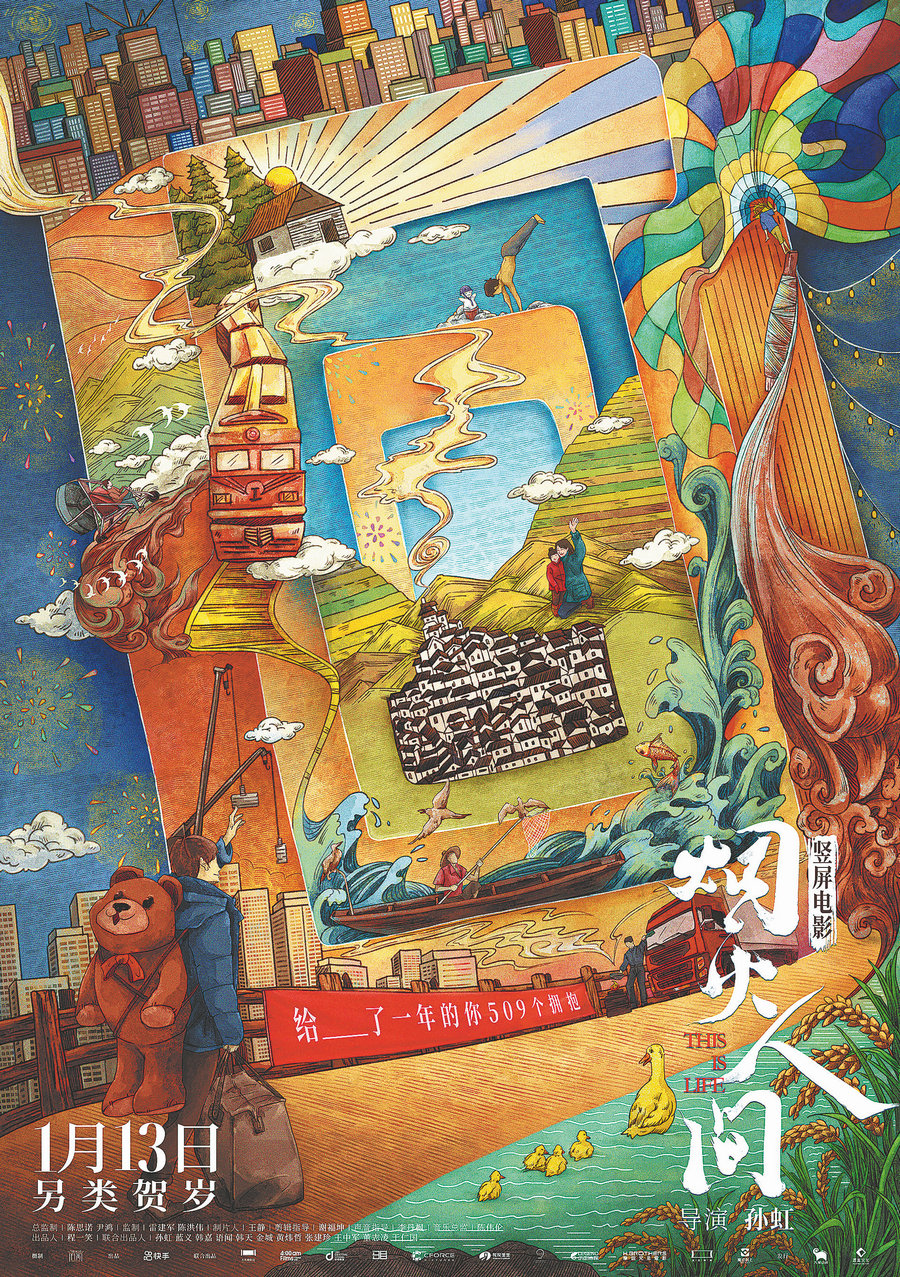
A poster of This is Life. [Photo provided to China Daily]
The film shows women working in traditionally male-dominated blue-collar settings, such as on cargo ships, on construction sites and aboard rafts, using cormorants to fish.
"We consciously highlighted sectors dominated by women, such as textiles," producer Wang Jing says.
She says they also sought to present the fact that a lot of women are working in male-dominated industries, and are making even more effort than men to get these jobs.
"We hope that the women in these industries will be seen through the medium of film. If the documentary can raise awareness among viewers of both genders, and inspire discussions on these topics, then our efforts will have proved worthwhile."
This Is Life is the first-ever "vertical film" — the silver screen is able to simultaneously show five vertical mobile phone screens, which allows for the comparison and contrast of five videos.
"In the early days of cinema, when Auguste and Louis Lumiere produced The Arrival of a Train, it was a straightforward and crude shot. I feel that in modern times, when everyone can capture footage with their smartphones, it is a valuable opportunity to reflect on the definition of what is a film," Wang says.
"We often have certain expectations based on the majority of movies shown in cinemas. But my understanding is that they're able to bring us emotional experiences and visual expressions without being restricted by norms."
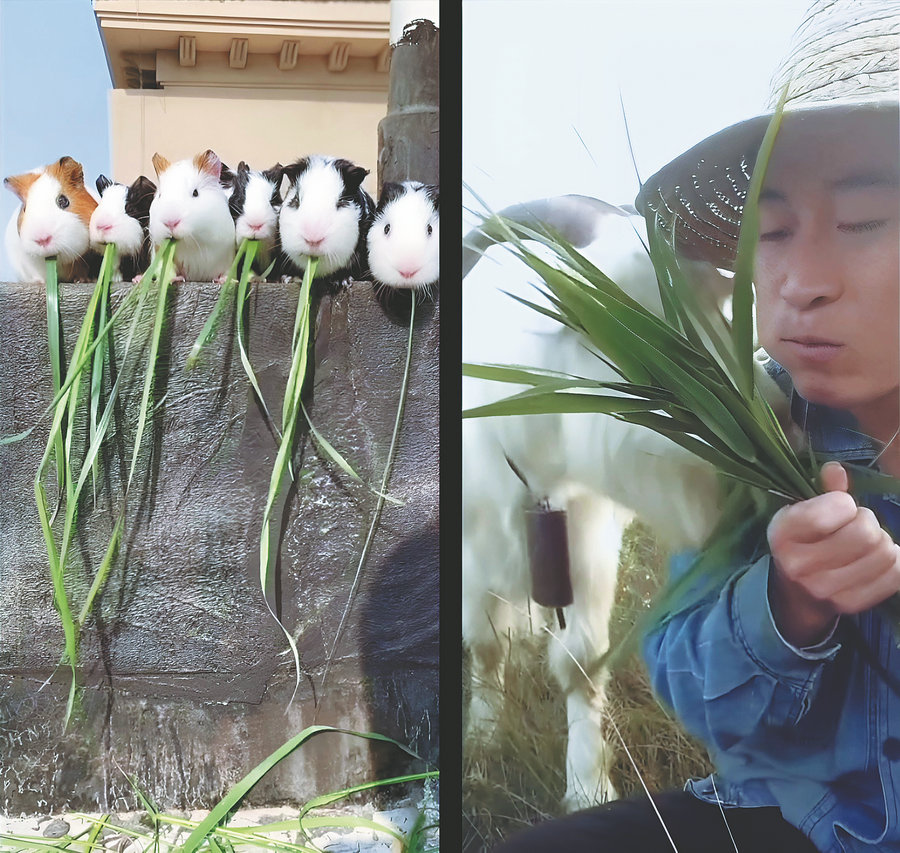
The film This Is Life aims to highlight the lives of underrepresented groups with videos they have taken themselves. [Photo provided to China Daily]
She says compiling these short videos into an 80-minute documentary also serves as an enduring historical record that will allow future generations to look back in time and reflect on these moments recorded by ordinary people.
"We hope that even as time flows, our efforts could help carve out a place in history for these select short videos, so that people in the future can more easily rediscover them and reconnect with these moments that have touched us deeply," Wang adds.
Since Jan 6, the film has embarked on its roadshow theatrical release in cities across China. A series of special screenings are also being organized, including screenings inviting those whose footage has been selected, as well as for children, parents and urbanites.
Merchandise has also been produced, including lenticular tickets (tickets with two images that can only be seen from different angles), woven bags, hoodies, and Chinese couplets and red envelopes to ring in the Lunar New Year.
"The first time I watched This Is Life, I was immediately drawn to its contemporaneity," says renowned film director Jia Zhangke.
"This film carries significant experimental value in a contemporary context, representing new modes of expression and ways of life."
Related articles
-
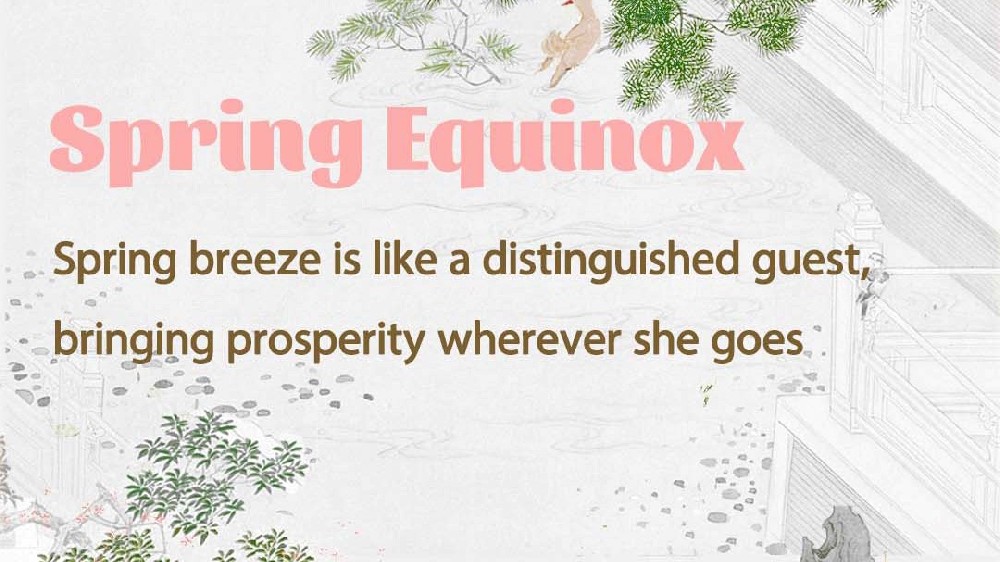 Closing ceremony of 76th edition of Cannes Film Festival
Closing ceremony of 76th edition of Cannes Film FestivalMore
-
 New fantasy series gets inspirations from Dunhuang murals
New fantasy series gets inspirations from Dunhuang muralsMore
-
 Tencent Video now one of world's largest streaming platforms
Tencent Video now one of world's largest streaming platformsMore
-
 Animation conference looks to the future
Animation conference looks to the futureMore
-
 The Silk Road International Film Festival as a cross-cultural bridge
The Silk Road International Film Festival as a cross-cultural bridgeMore
-
 Lu Chuan's official film of Beijing 2022 set for release
Lu Chuan's official film of Beijing 2022 set for releaseMore
